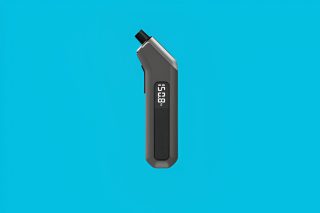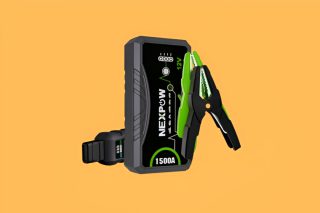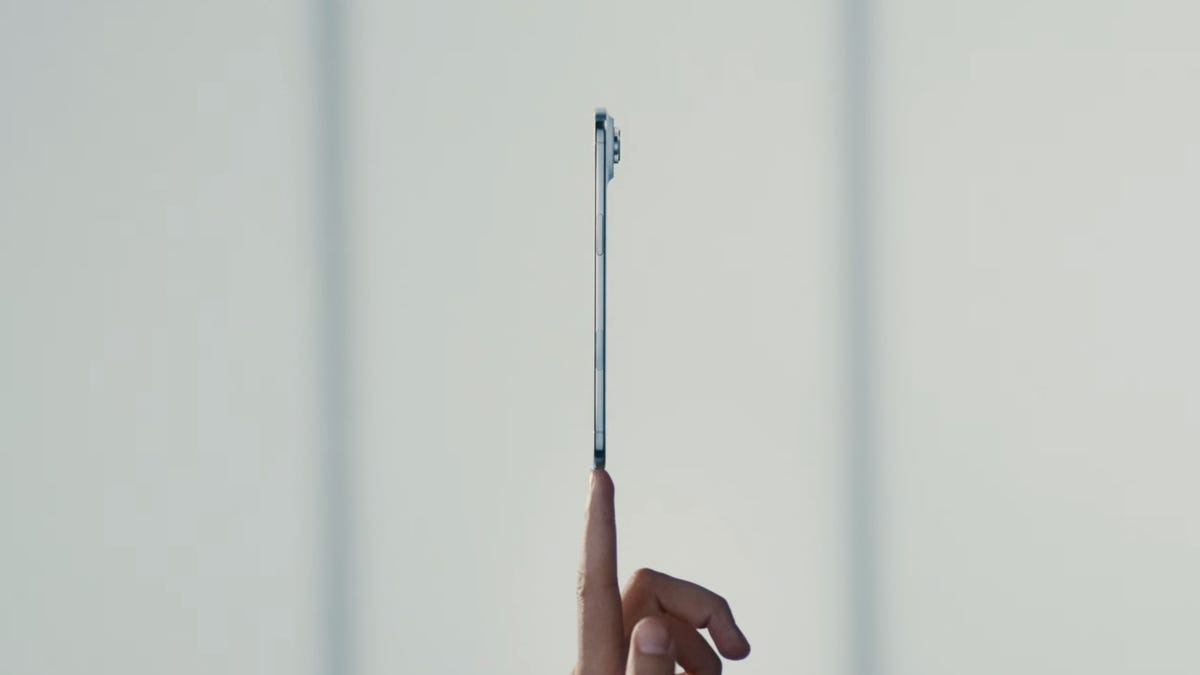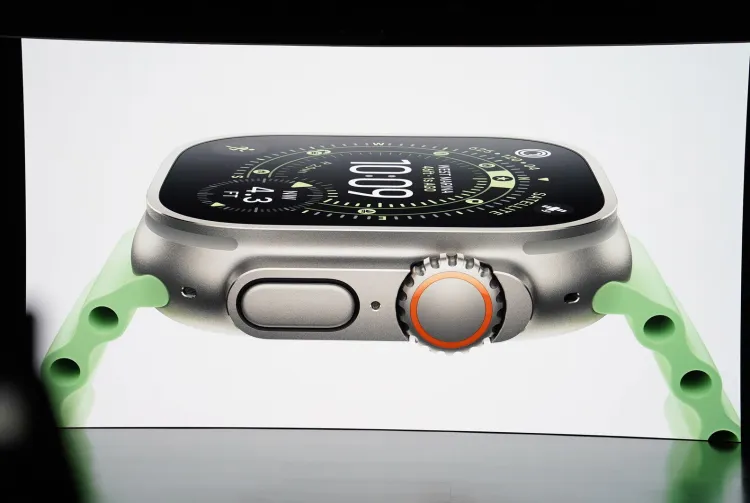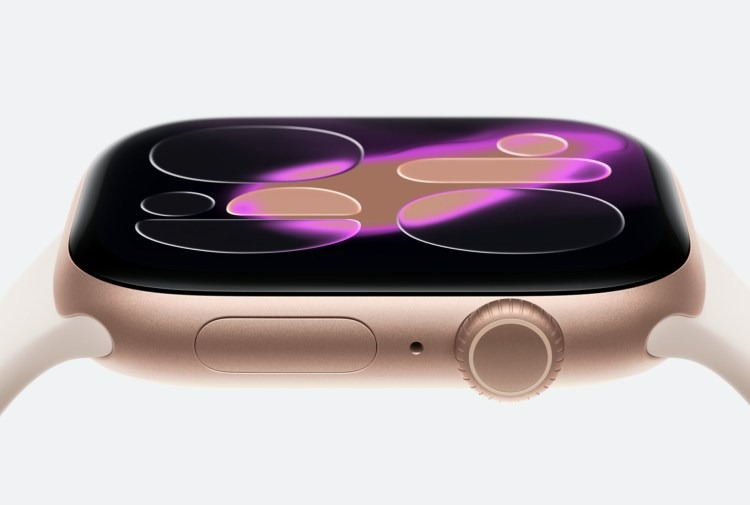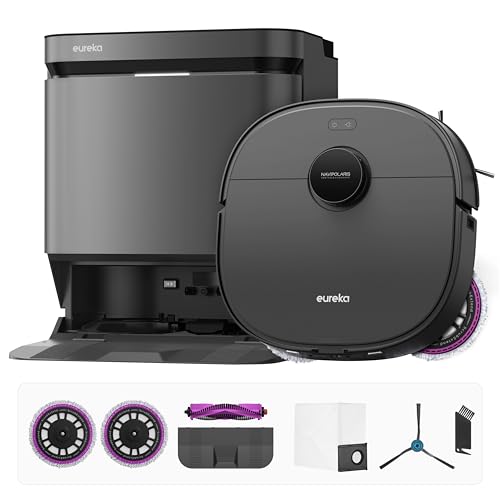Your worst digital nightmare just became reality. A massive database containing 184 million login credentials, including your potential Facebook, Snapchat, and Roblox passwords, has been sitting exposed on the internet like an unlocked treasure chest. This breach comes on the heels of millions of Steam accounts being compromised.
Security researcher Jeremiah Fowler discovered this digital disaster in May 2025, calling it ‘one of the most dangerous discoveries I have found in a very long time.’ The 47GB database contained usernames and passwords in plain text, essentially gift-wrapping your digital life for cybercriminals.
The Scope Is Staggering
The leaked credentials weren’t just limited to social media. Your Netflix, PayPal, Amazon purchases, and even government portal access could be compromised. In a sample of 10,000 records, researchers found 479 Facebook accounts, 475 Google logins, 240 Instagram credentials, and 227 Roblox accounts. This massive exposure highlights how weak and reused passwords continue to fuel ongoing cybersecurity threats.
What makes this breach particularly chilling? Government email addresses from 29 countries were exposed, including the United States, Australia, and the United Kingdom. This isn’t just about your embarrassing high school photos—it’s about potential national security implications.
The database appeared to originate from infostealer malware, the digital equivalent of pickpockets who’ve been systematically collecting your keys. These malicious programs typically spread through phishing emails and sketchy downloads, or that “free” software that seemed too good to be true.
Your Digital Identity Is Already for Sale
Here’s the uncomfortable truth: if your credentials were in this database, cybercriminals have likely already downloaded them. The exposed information included keywords like “bank” and “wallet,” suggesting financial accounts were among the compromised data.
This breach spreads faster than a Logan Paul controversy going viral. Unlike your typical data leak where hackers steal information, this database was just sitting there unprotected—like someone accidentally posting their banking details on their Instagram story for everyone to screenshot.
“Yeah, this is really bad,” says Jake Williams, vice president of research and development at the cybersecurity consultancy Hunter Strategy. “What the threat actors stole here are essentially call data records. These are a gold mine in intelligence analysis because they allow someone to understand networks—who is talking to whom and when. And threat actors have data from previous compromises to map phone numbers to identities. But even without identifying data for a phone number, closed networks—where numbers only communicate with others in the same network—are almost always interesting.”
Fowler verified the authenticity by contacting affected individuals, and several confirmed their exposed credentials were current and accurate. This isn’t some outdated data dump from 2015, this is fresh, usable data that could unlock your current accounts right now.
The hosting provider quickly restricted access after being notified, but the damage was already done. The original owner of the database remains unidentified, leaving everyone guessing about the true scope and intent behind this massive collection.
Protect Yourself Before It’s Too Late
Change your passwords immediately, especially for the platforms mentioned in this breach. Enable two-factor authentication wherever possible—it’s the digital equivalent of adding a deadbolt to your already-picked lock.
This breach serves as a brutal reminder that your digital security is only as strong as the weakest link in the chain. Your data is valuable currency in the cybercriminal economy, and right now, you’re probably trending at market price.
Monitor your accounts obsessively for the next few months. Unexpected login notifications, unfamiliar purchases, or suspicious activity could indicate someone’s already using your compromised credentials for their shopping spree.
The digital world just got a lot more dangerous, and pretending otherwise won’t protect your bank account.





